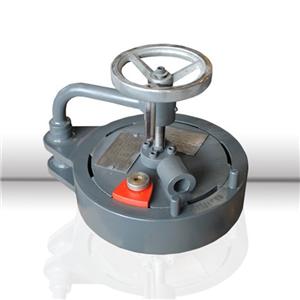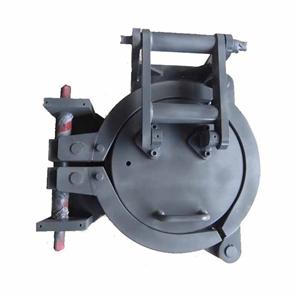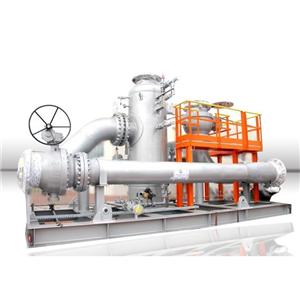- Home
- >
- News
- >
- Industry News
- >
- Pressure Vessel Safety Knowledge
Pressure Vessel Safety Knowledge
Special equipment definition
Special equipment is a general term for equipment and facilities that involve life safety and high risk.
Two basic features:
• involves life safety
• Greater risk
The necessity of safety monitoring of special equipment
• Pressure vessels and pressure pipes are special equipment that is widely used in production and life and has explosion hazard
• In the event of malfunction, it can often result in personal injury.
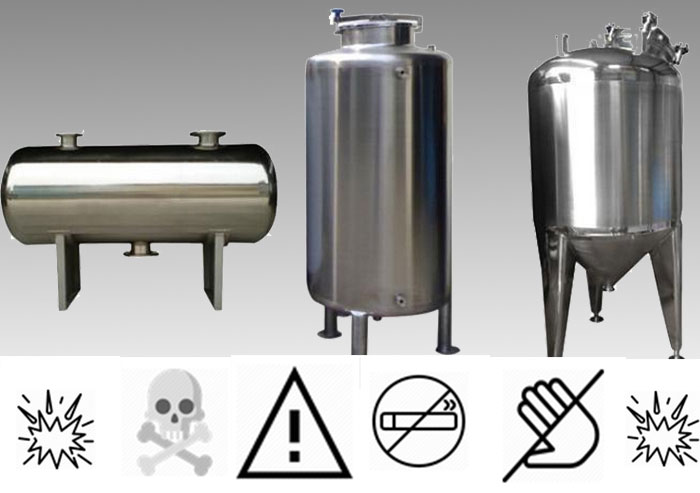
Pressure vessel is a closed device that contains a gas or a liquid and carries a certain pressure. The range is defined as the maximum working pressure greater than or equal to 0.1 MPa (gauge pressure), and the product of pressure and volume is greater than or equal to 2.5 MPa•L. Gas, liquefied gas and stationary and mobile containers with a maximum working temperature above or equal to the normal boiling point; the nominal working pressure is greater than or equal to 0.2 MPa (gauge) and the product of pressure and volume is greater than or equal to 1 .0 MPa • L gas, liquefied gas and cylinders with a standard boiling point equal to or lower than 60 ° C liquid; oxygen chamber.
Pressure pipe refers to a tubular device that uses a certain pressure to transport gas or liquid. The scope is specified as gas, liquefied gas, steam medium or flammable and explosive with a maximum working pressure greater than or equal to 0.1 MPa (gauge pressure). A toxic, corrosive, liquid medium with a maximum working temperature above or equal to the normal boiling point and a pipe with a nominal diameter greater than 25 mm.
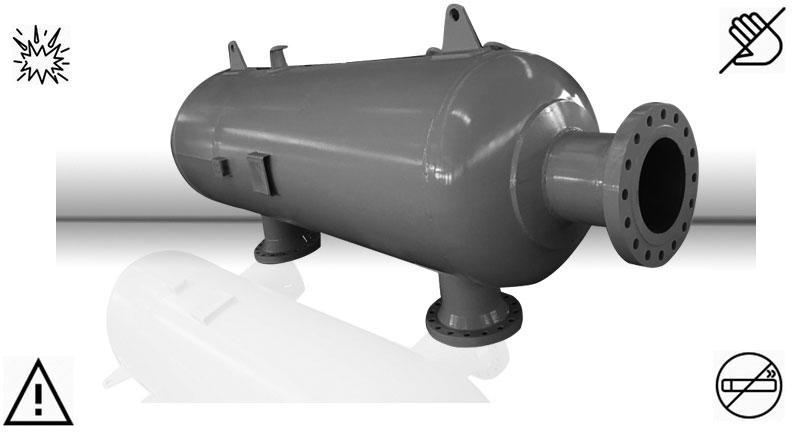
Pressure vessel Inspection
• Be sure to pay attention to the inspection date mark on the liquefied gas cylinder cover before use. Expiration cannot be used.
• Keep the liquefied gas cylinders away from heat and open flames and do not expose to sunlight. The standard is to heat the cylinder by fire, hot water, etc.
• Liquefied gas cylinders must be used upright and the cylinders must not be placed or inverted.
• The method of igniting liquefied gas is “ignition first, then open air”, to the fire and other gas, children should not switch liquefied gas separately.
• If the liquefied gas cylinder leaks, immediately open the doors and windows to ventilate the air. Do not ignite, and do not switch the electrical equipment to prevent the gas leakage from exploding.
• For users of LPG, it is strictly forbidden to pour the gas in the cylinder to other cylinders. It is strictly forbidden to dispose of the residual liquid in the cylinder. Otherwise, it is easy to cause leakage and cause fire and explosion.


